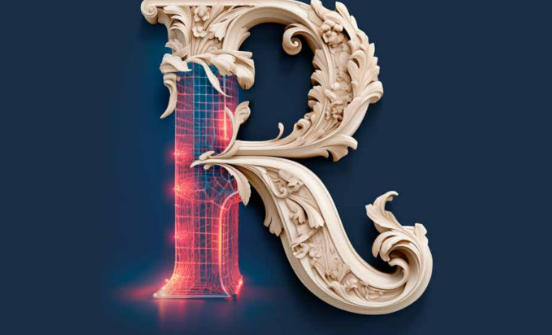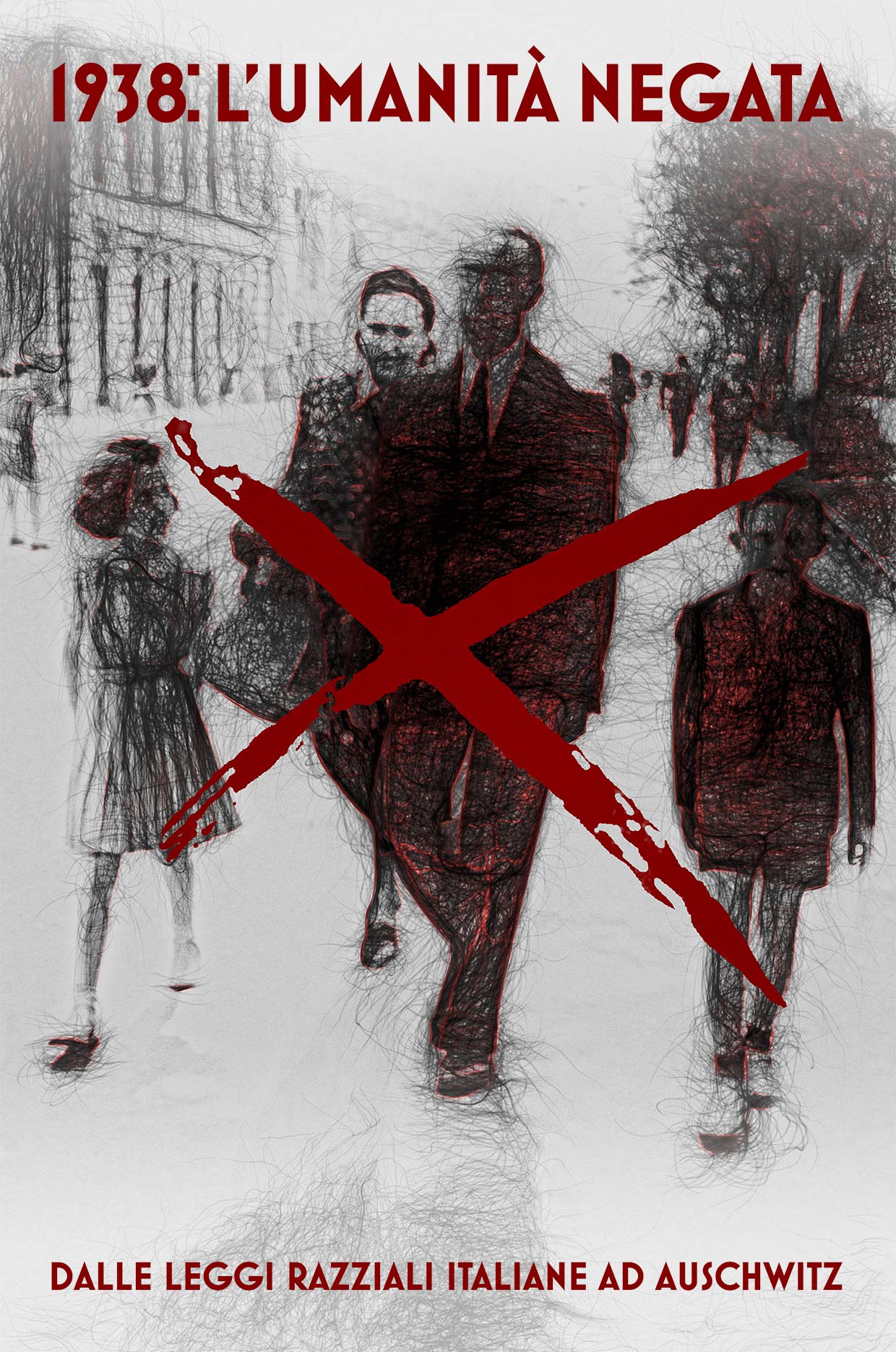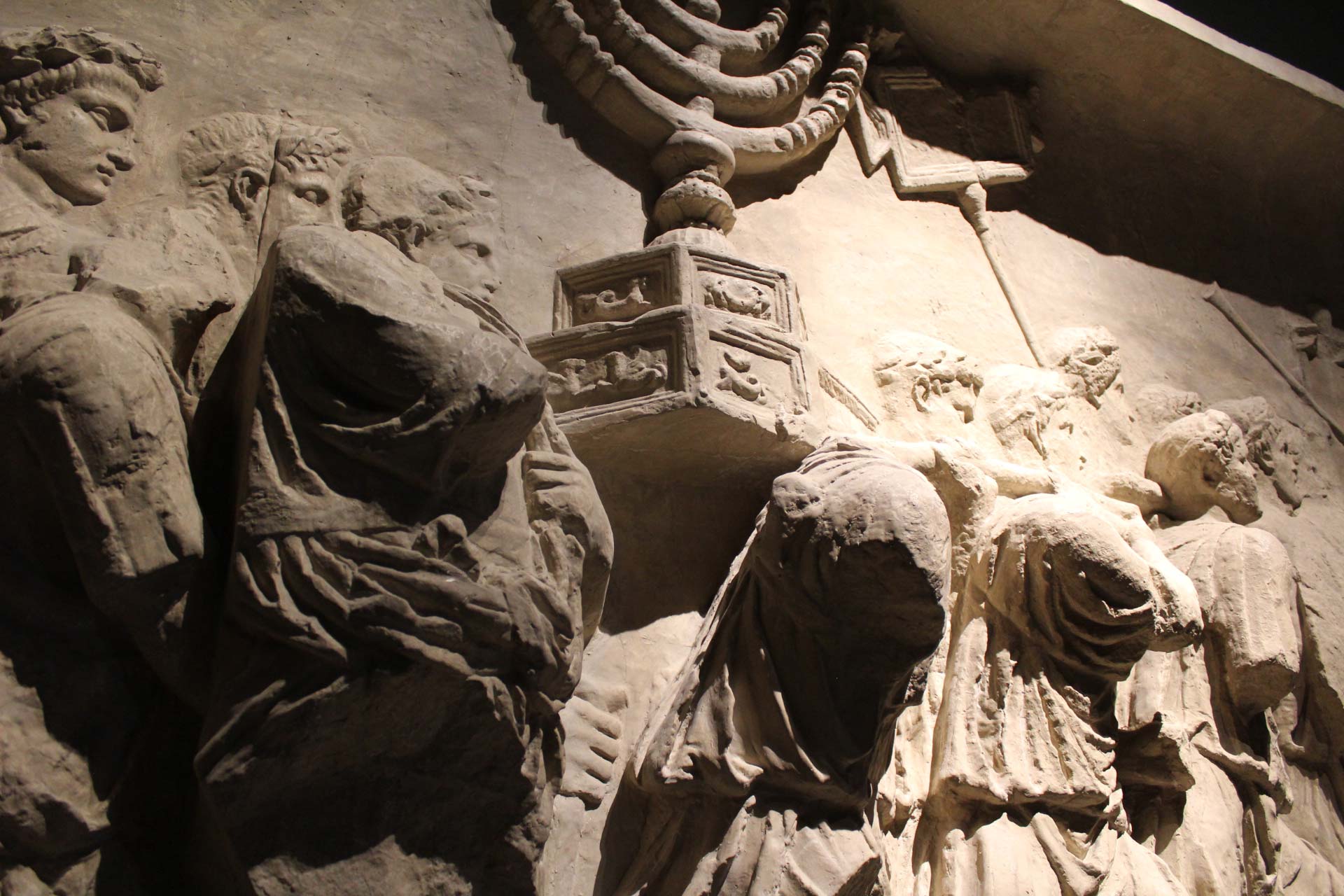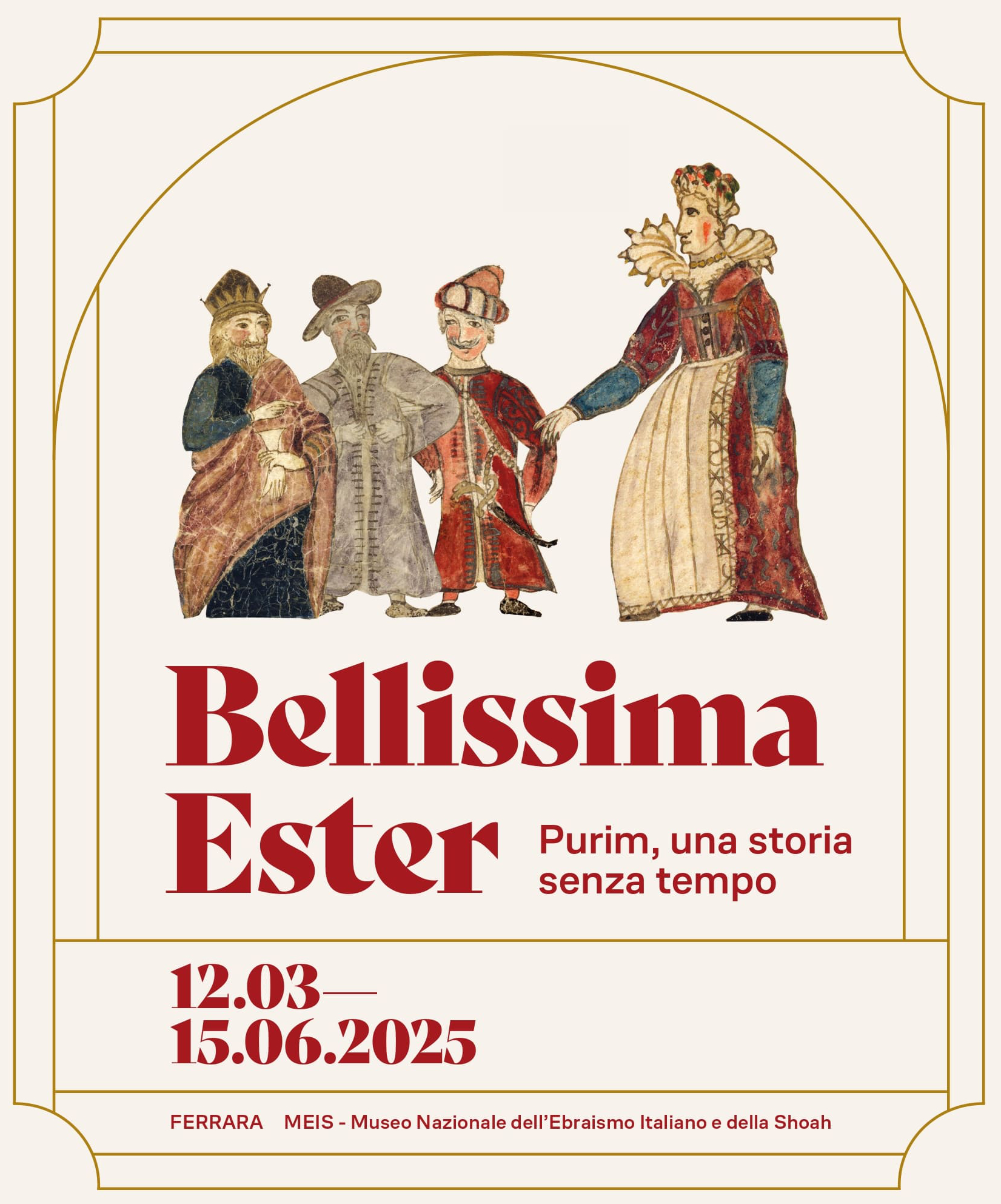
Alain Elkann interviews Simonetta Della Seta
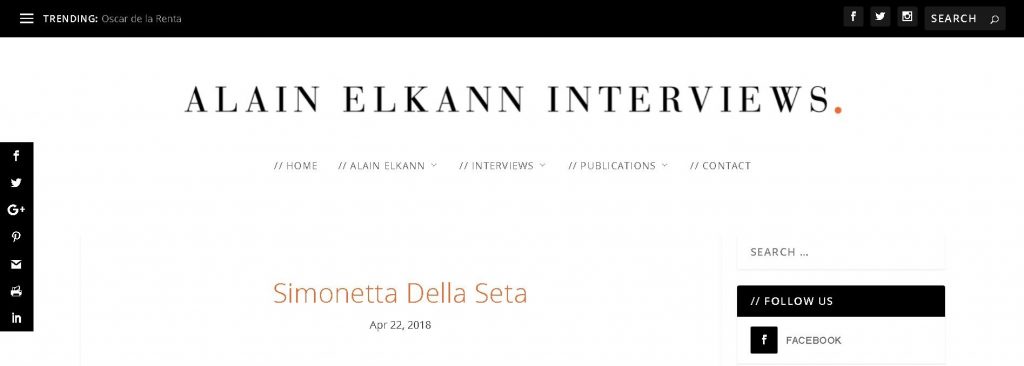
Simonetta Della Seta you were appointed Director of MEIS in June 2016. Can you describe the museum for me?
The museum is in a 10,000 square metres large compound inside the walls of Ferrara, which used to be the prison in the Ferrara area. We call it the National Museum of Italian Judaism and the Shoah.
Is it a state museum?
It is a state museum, based on a law voted by the Italian parliament in 2003 which commits the government of Italy to create in Ferrara a national museum on Italian Judaism and the Shoah as a very crucial chapter experienced by the Italian Jews.
Is it like the Yad Vashem museum in Jerusalem, Israel’s official memorial to the Holocaust?
Not exactly, because the mission of our museum is focused first of all on Italian Judaism and not only on the Shoah.
As Primo Levi wrote in his famous book ‘If This Is A Man’, Italian Jews are perceived as quite different from the majority of the diaspora Jews. What is the difference?
The reason for creating this museum is connected to this difference. In fact Jews have been in Italy for 2,200 years. It is the most ancient community after Babylon outside the land of Israel, and it is still alive and not only a historical memory.
In order to explain this what do you show at the museum and how?
The museum, which in December 2017 opened its first two buildings out of seven, is showing 200 items connected with the first millennium of Jewish presence in the Italian Peninsula. The exhibition starts with the arrival of the Jews from Jerusalem to Rome, 200 years before the destruction of the Jerusalem Temple that took place in 70AD, and then as slaves of General Titus, of the Roman capture of Judaea.
So the first Jewish settlements in Italy were in Rome?
The connection between Jerusalem and Rome is also emphasised by the fact that Roman Emperors built the Colosseum thanks to the treasure of the Jerusalem Temple and the labour of Jewish slaves. The museum describes the life of the Jews in ancient Rome, their traditions, their several synagogues, the catacombs, and their eating habits and the reactions of ancient Romans to Jewish culture and life.
And then?
The museum describes the beginning of the relationship between Christianity and Judaism. From Rome Jews spread throughout the Peninsula, especially in the South, and for the first time we are showing to the general public how many artefacts and objects are witnessing the Jewish presence in the South of Italy. We are now working on the continuation of the exhibition, focussing on Jews during the Renaissance, and this will be on show in the beginning of 2019. In the meanwhile the museum is also offering some multimedia experiences on the life of the Italian Jews from the beginning to nowadays, including the tragic period of the Holocaust.
Why the choice of Ferrara for the museum?
Ferrara has been a very important city for Jews. Jews have lived in Ferrara for more than 1,000 years and the Dukes of Este, who were the governors of the city for many centuries, welcomed them when they were expelled from Spain and Portugal in 1492. So while other cities on the Peninsula forced Jews to be enclosed in ghettoes, in Ferrara they enjoyed freedom and dialogue with non-Jews. Only when Ferrara was conquered by the Popes at the beginning of the 17th Century were the Jews enclosed in the ghetto.
Is there still a Jewish life in Ferrara?
Yes, Ferrara has a community of about 100 Jews, with two active synagogues, and a very poetic Jewish cemetery. There is still a Jewish quarter. It is also important to remember that many prominent Jewish families lived in Ferrara, like the Abravanel, the Lampronti, the Mendes-Nasi, and the Usque.
Ferrara was also the city so well described in Giorgio Bassani’s novels, like ‘The Garden of the Finzi-Continis’?
Yes, there is no doubt that Giorgio Bassani has promoted Jewish Ferrara throughout his books. However the Jewish legacy of Ferrara is much richer than that.
How many visitors do you have?
Since the opening we have had 10,000 visitors from all over the world; many foreigners from the USA, European countries, Israel and Australia.
Are you organising events in the museum?
Yes, special events in a large space that we have created in the heart of the bookshop, and in the good season we have a garden.
What kind of events?
We meet Jewish personalities and intellectuals specialising in Italian Judaism, and we are very happy and honoured that we are hosting the Israeli director Amos Gitai, who has announced his new film project based on the figure of a Jewish businesswoman of the 16th century, Doña Gracia Mendes-Nasi, who lived in Ferrara for some years. A. B. Yehoshua is coming in June for the Festival of Jewish Books.
Is the museum involved in some action against rising anti-Semitism in Europe and other countries?
As we all know, prejudices are based on ignorance, and our effort is to provide correct and more knowledge on Judaism.
Are you satisfied with your job?
I believe it is a privilege to have the opportunity to shape a new museum, and to create a centre for dialogue and co-existence.
How do you build up your collection?
In addition to some private donations, the main collection is created by loans from other Italian museums.
Do you think that Jewish life in Italy is sufficiently well known and studied?
The study of Italian Judaism could certainly be emphasised all over the world, as it is a unique case, and it is a story of co-existence between a minority and a majority throughout a long period of history.
There are not so many Italian Jews?
The Jews in the Italian Peninsula have been no more than 50,000, but they have been very relevant for Italian history and culture, and our museum has the task to show and tell this very special story to the world. The title of our first exhibition is ‘Jews, An Italian Story: the First Thousand Years’.
Altri contenuti
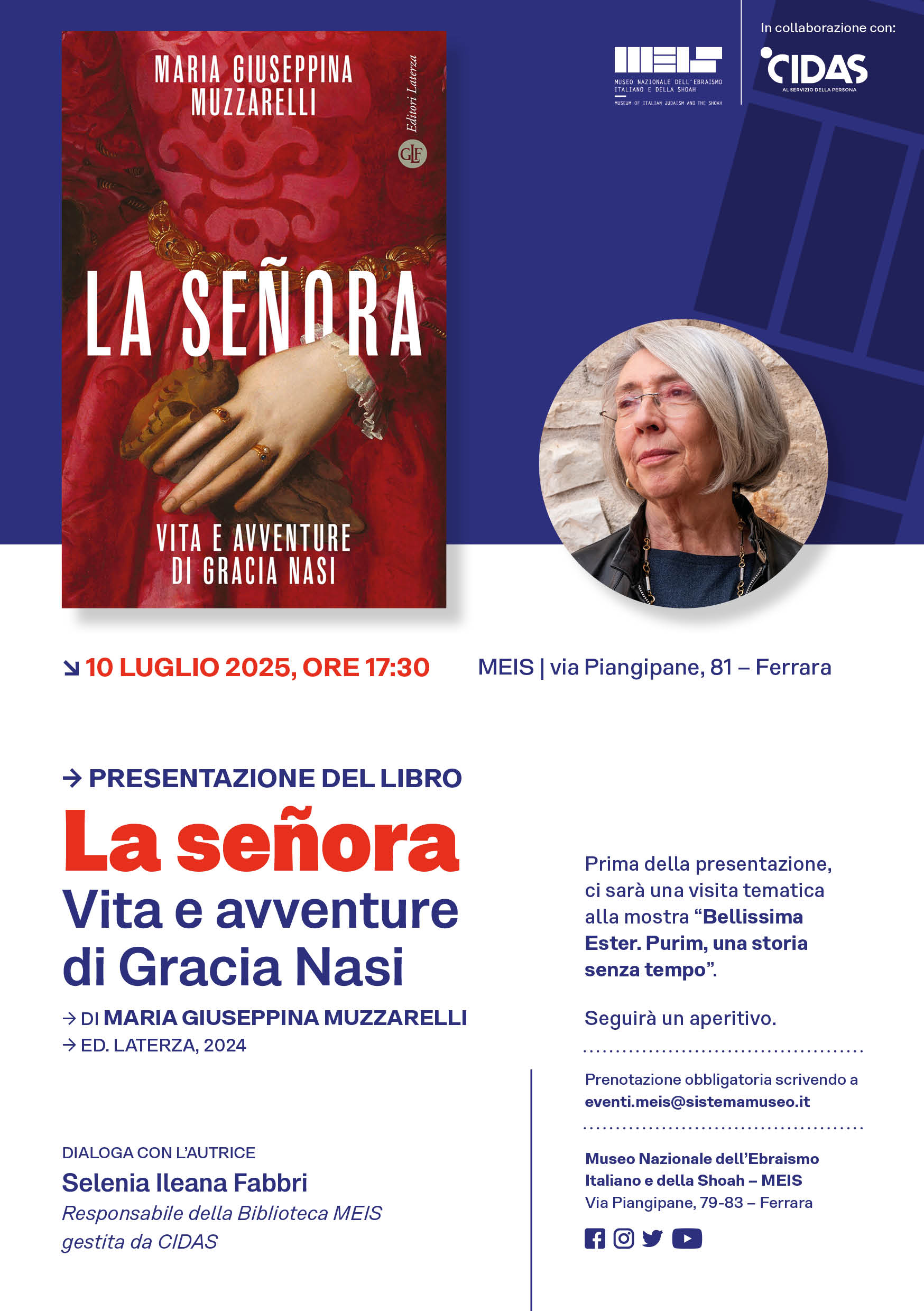
10 luglio, evento in presenza
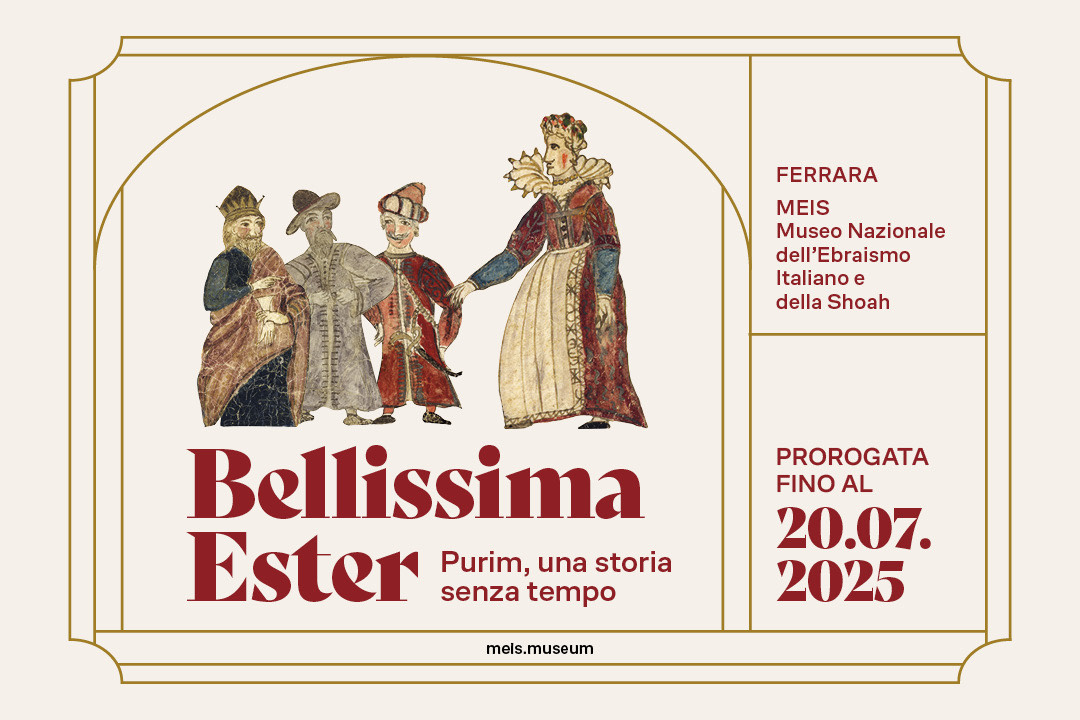
Prorogata fino al 20 luglio la mostra del MEIS “Bellissima Ester”
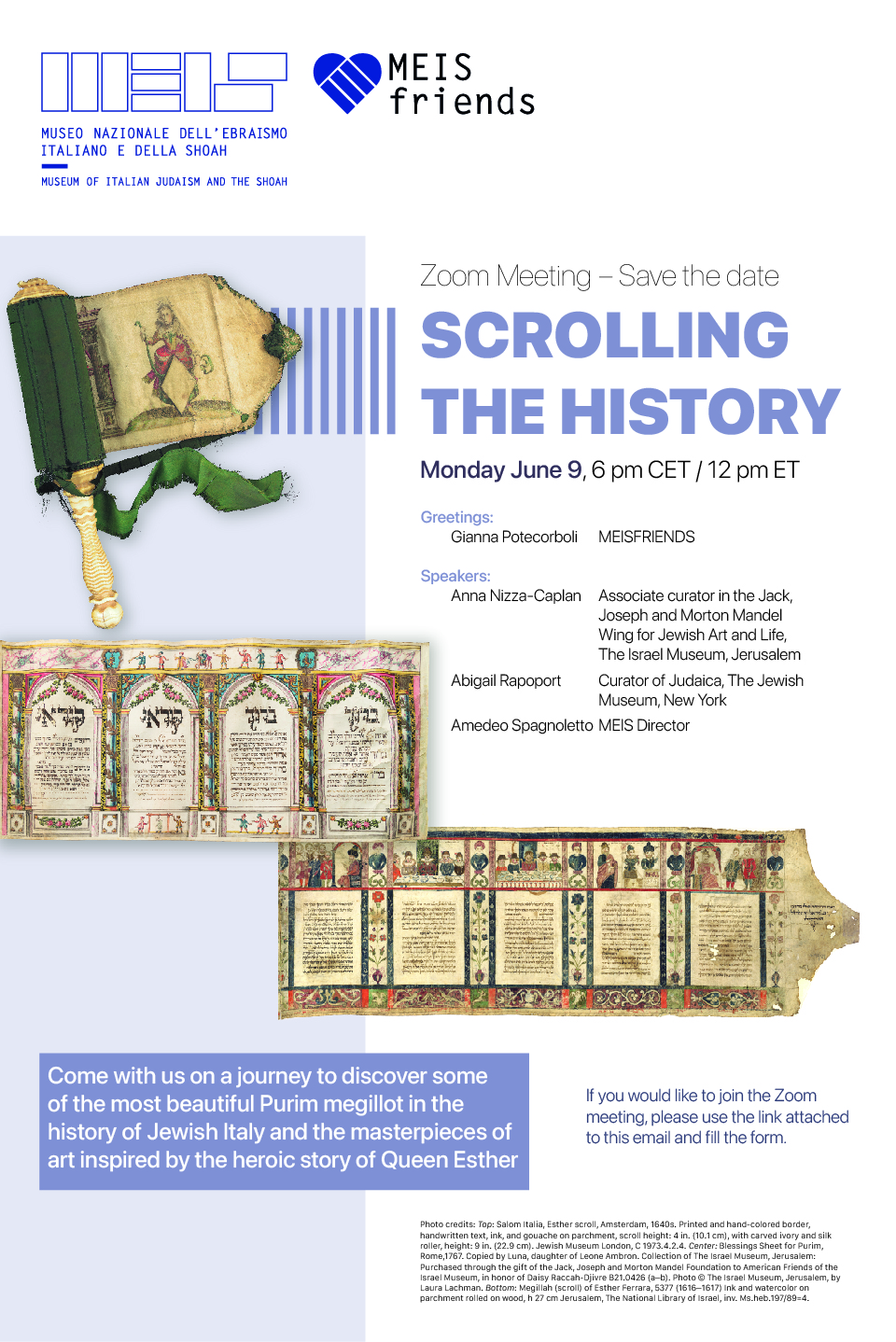
Online event
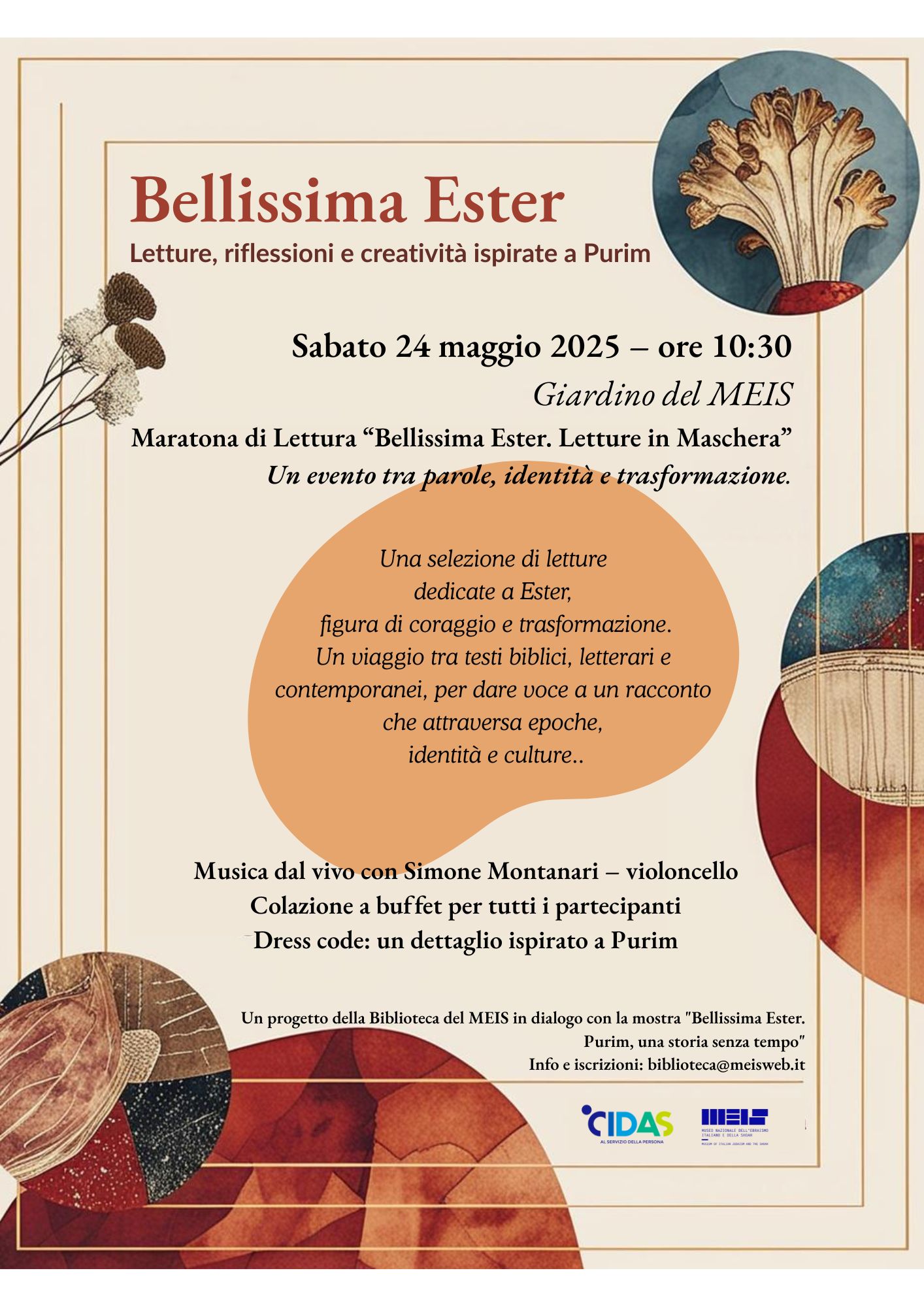
Sabato 24 maggio, appuntamento in giardino con la Biblioteca del MEIS
